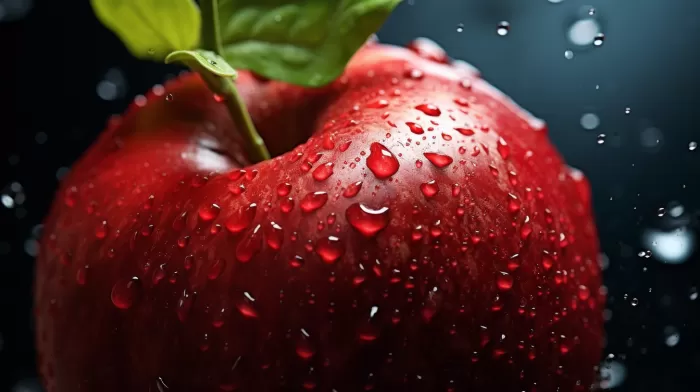Organic food has a lot going for it: more antioxidants, polyphenols, and flavonoids, along with a reduced risk of cancer, neurological disorders, and reproductive problems. And now, there’s another critical reason to switch from conventional produce to organic: sleep.
A study from the University of Buffalo has found that two common pesticides, carbaryl and carbofuran, are interfering with the production of melatonin: the hormone that helps you get a good night’s sleep.
Pesticides Sabotaging Your Sleep Hormone
The research revealed that these pesticides bind to melatonin receptors in your brain and mimic the hormone, preventing your brain from using the actual melatonin it creates. With insufficient melatonin, your sleep and wake cycles are disrupted, and you’ll likely experience sleep issues. This is why many people take melatonin supplements to restore healthy sleep-wake cycles.
The Culprits: Carbaryl and Carbofuran
Carbaryl is a widely-used pesticide in the United States, even though many countries have banned it. It can be found in a range of foods — including tomatoes, zucchini, grapes, oranges, corn, soybeans, peppers, strawberries, asparagus, blueberries, kale, and apricots.
Carbofuran, however, is banned in the United States. But it may still be present in produce shipped from Mexico and other countries. You can find it in cilantro, cucumbers, green beans, hot peppers, potatoes, grapes, and wheat flour.
Even if you don’t have sleep issues, you should avoid these pesticides as they’re also linked to diseases such as diabetes and cancer.
Affordable Organic Options
Going organic can be expensive. But there are a few ways to make it more budget-friendly without sacrificing your produce intake:
- Join an organic food coop: These groups order bulk amounts of organic food for their members at more affordable prices.
- Be selective: Some foods, like fruits and vegetables with skins, need to be organic more than others. Look at the Environmental Working Group’s Dirty Dozen list, which reveals the 12 foods that contain the most pesticides, to decide which ones to prioritize.
- Grow your own food: If you have the space and the climate is suitable, grow your own produce to control what goes into every delicious mouthful.
The Pesticide Problem
Pesticides have become pervasive. Alarming data shows that 97.5% of all produce samples tested — including many that were delayed by washing and peeling — contain pesticide residues. Besides cancer, neurological problems, and reproductive disorders, studies also link pesticide exposure to diabetes, Parkinson’s disease, and Alzheimer’s.
What’s more, pesticide residue can stay in the soil and water long after the chemicals have been applied. This means that the two generations following exposure to a single application of the pesticide could also suffer from their effects.
Tips for Safer Produce
Here are some more ways to ensure that you do not consume any dangerous chemicals from your produce:
- Learn about the risks: Visit websites like [WhatsonMyFood] to find out which foods are more likely to have pesticide residue.
- Look for organic labels: Purchase produce with the USDA Organic logo to guarantee that it’s been grown without synthetic pesticides.
- Wash your produce: Wash your fruits and vegetables thoroughly using a 1:1 mixture of vinegar and water. This can work better than a scrub brush or a commercial fruit and vegetable wash.
When it comes to your health, it’s better to be safe than sorry. Invest in organic foods and protect yourself from the harmful effects of pesticides in the long run.



